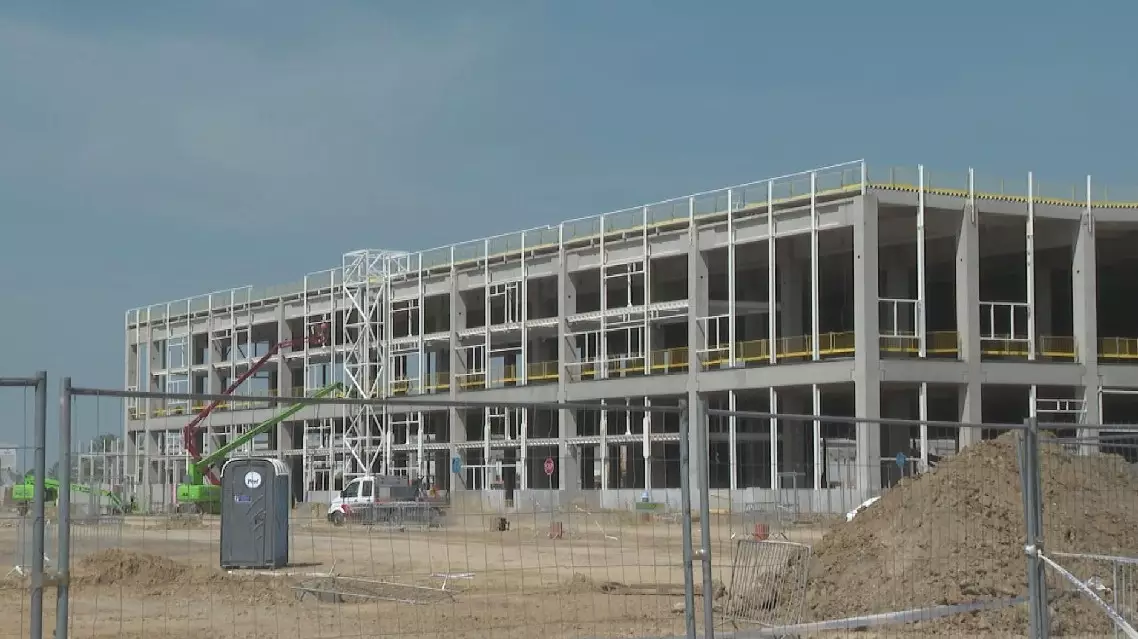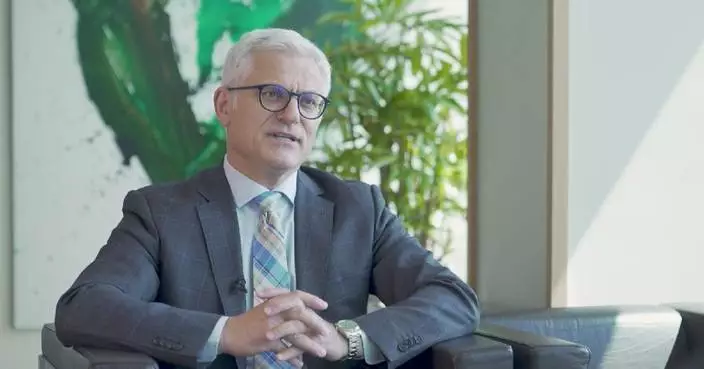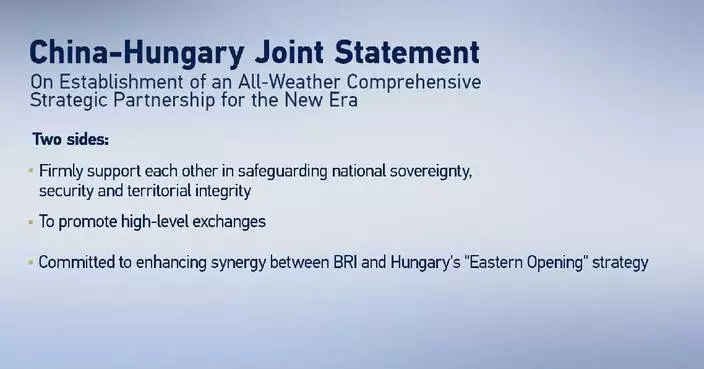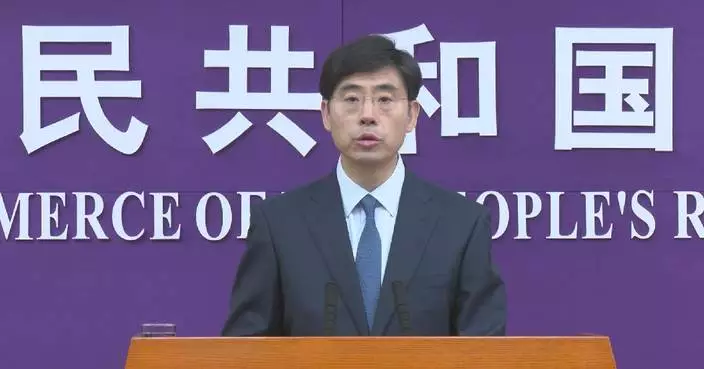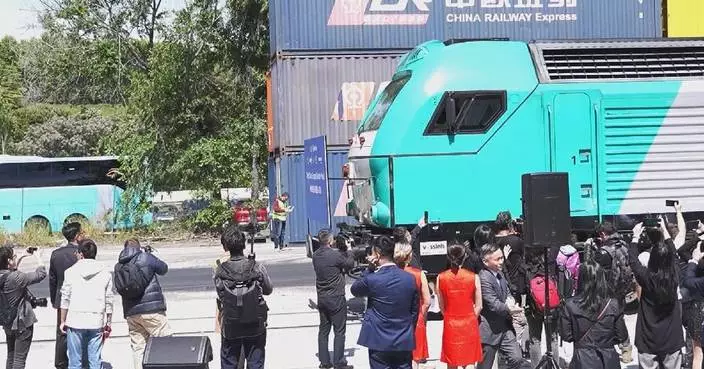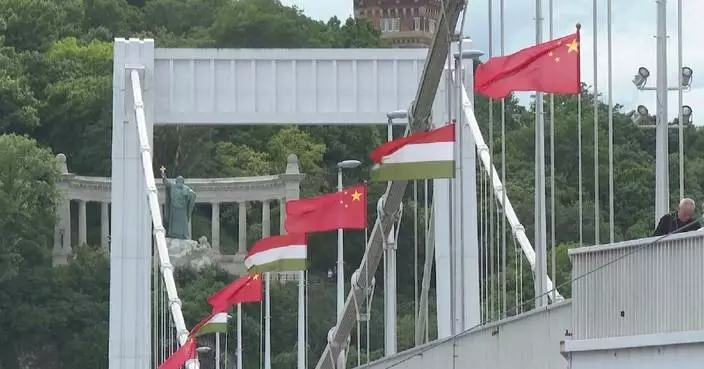The founder and CEO of NIO shares insights on future strategy for U.S.-listed automaker.
NIO, the Chinese automaker, has an impressive booth at this year's Beijing Auto Show. Known for their premium smart electric vehicles, the automaker has also embarked on the development of battery-swapping stations as a unique alternative to traditional chargers.
In an interview with China Global Television Network (CGTN), William Li, the founder and CEO of NIO, gave a contextual explanation why NIO still invests in battery swapping, as plug-in chargers get faster, more efficient and more widely deployed.
He said that NIO has always prioritized the principles of being "rechargeable, replaceable, and upgradeable." As a brand, NIO takes pride in having the highest number of deployed chargers in China. Currently, NIO has 21,000 chargers across the country, all of which are accessible to the public. It's worth noting that a significant 80 percent of the electricity from its chargers has been utilized by users of other brands. But charging cannot be as fast as swapping. There are many advantages of battering swapping, such as better user experience.
Actually it saves money for drivers, also it saves a lot of resources for the society. So charging and swapping are not contradictory. They are suitable for different scenarios, Li continued.
Since last year, NIO has signed battery-swapping agreements with well-known car companies, such as Changan and Geely, as well as state-owned energy and power companies.
"Battery swapping is very suitable for Chinese users because most of China's urban families live in apartments. It's relatively difficult for them to install chargers at home. Their time costs of recharging is high. However, battery-swapping can give them an experience similar to filling up a traditional gas tank. It's very convenient. Now we are building a battery swapping network, and we are very happy that our efforts have been recognized by our industry partners. They are willing to expand this battery-swapping network with us and we are thrilled to get their support. In short, the battery-swapping network is getting better," he said.
In addition, he stressed that the company's revenue growth was faster than that of the entire EV market.
"Our share in the high-end market is still very stable, but it is undeniable that we invested a relatively large amount in research and development last year - 13.4 billion yuan (about 1.89 billion U.S. dollars). We also invested a lot in infrastructure. In 2023, we built more than 1,000 battery-swapping stations. With all these investments, plus the fierce competition in the market, there was still a gap between our gross profit and our expectations. We faced a loss. However, with the gradual release of our new products and the steady improvement of our gross profit margin, we believe that the loss will definitely narrow in the long run. We do have a very clear goal of making profit. We have a very clear route for that," he said.
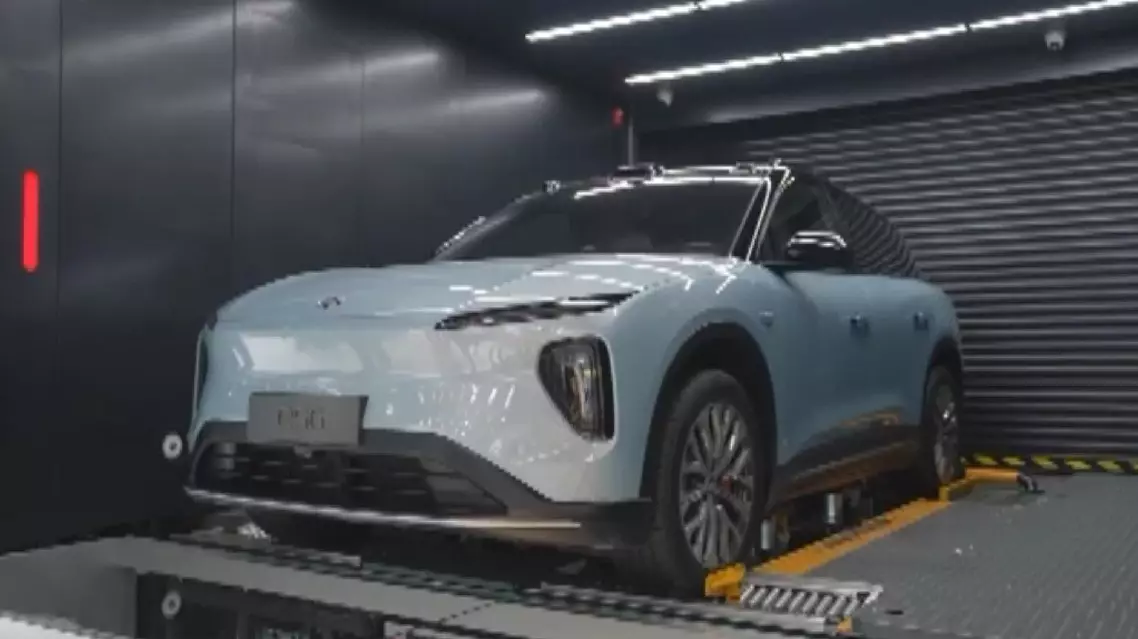
NIO founder shares insights on future strategy for US-listed automaker


